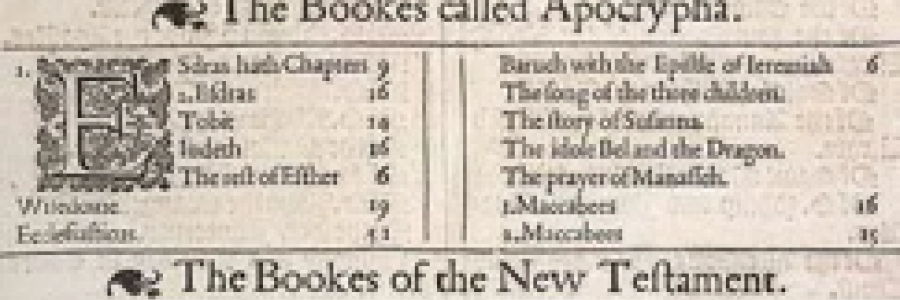Theology Thursday - Landmark Baptists
James R. Graves popularized the so-called “Landmark Baptist” movement in the United States in the mid-19th century. Here, in this excerpt from his landmark work (pun intended) entitled Old Landmarkism – What is it?, we see Graves explain his position.1
Facts Taken For Granted:



Discussion